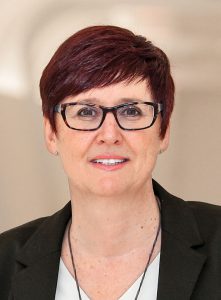In June 2019, to pass their ministerial math examination, Grade 6 students had to take on eight sections over some ten hours during a five-day process. This generated significant anxiety for the students and entailed dozens of hours of preparation and grading for teachers.
The FSE-CSQ1 has been criticizing the length, complexity and lack of clarity of this ministerial examination, and asking for the proper adjustments, for what seems like ages. Each year, Grade 6 teachers have also asked that it be reviewed, to no avail... until now.
Changes, at last!
The FSE-CSQ reached out several times to Minister Jean-François Roberge. In November 2019, the first changes to the mathematics examination were made:
- There will now be four application cases instead of six.
- The examination session will take place over four days instead of five.
- Students will have more time to complete each
- The grading tools will be clarified.

There’s more work to be done
These adjustments will be effective as of 2020, but the MEES intends to continue its work in order to make additional changes for the 2020-2021 school year.
“This first step allays the coming year’s difficulties, but there is still much work to be done to significantly improve the conditions both students and teachers have to deal with during the Grade 6 math exams,” stated Josée Scalabrini.2
A renewed sense of purpose
Beyond the Grade 6 ministerial examination in mathematics, student evaluation as a whole presents a number of problems. The FSE-CSQ teacher consultation, held in 2018-2019, showed that 83% of elementary teachers are concerned by the number of mandatory exams imposed by the Ministry. Of the teachers surveyed, 72% also call for fewer school board examinations.
There is also some concern about other issues, particularly the parallels drawn between examinations and results-based management, the race for statistics, the lack of respect for professional judgment, and the standardized report card which is incompatible with early childhood or transition classes.
“It is high time to review the evaluation and bring it back to its real purpose, that is, supporting students’ learning, and teachers need to be closely involved in this process,” sums up Josée Scalabrini.
1 Fédération des syndicats de l’enseignement (CSQ).
2 Josée Scalabrini is President of the FSE-CSQ.
